This article is an authorized translation of the original post. The translation was made with the kind help of the guys from PVS-Studio. Thank you, guys!
What encouraged me to write this article is considerable quantity of materials on static analysis, which recently has been increasingly coming up. Firstly, this is a
blog of PVS-Studio, which actively promotes itself on Habr posting reviews of errors, found by their tool in open source projects. PVS-Studio has recently implemented
Java support, and, of course, developers from IntelliJ IDEA, whose built-in analyzer is probably the most advanced for Java today,
could not stay away.
When reading these reviews, I get a feeling that we are talking about a magic elixir: click the button, and here it is — the list of defects right in front of your eyes. It seems that as analyzers get more advanced, more and more bugs will be found, and products, scanned by these robots, will become better and better without any effort on our part.
Well, but there are no magic elixirs. I would like to talk about what is usually not spoken in posts like «here are things that our robot can find»: what analyzers are not able to do, what's their real part and place in the process of software delivery, and how to implement the analysis properly.
 Ratchet (source: Wikipedia).
Ratchet (source: Wikipedia). 


 This article contains a brief squeeze from my own experience and that of my colleagues, with whom I had been fighting incidents day and night. And many incidents would never have occurred if all these microservices that we love so much were written at least a little more carefully.
This article contains a brief squeeze from my own experience and that of my colleagues, with whom I had been fighting incidents day and night. And many incidents would never have occurred if all these microservices that we love so much were written at least a little more carefully.
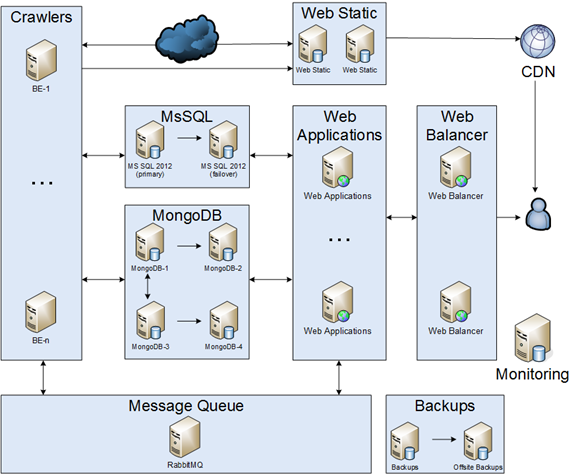
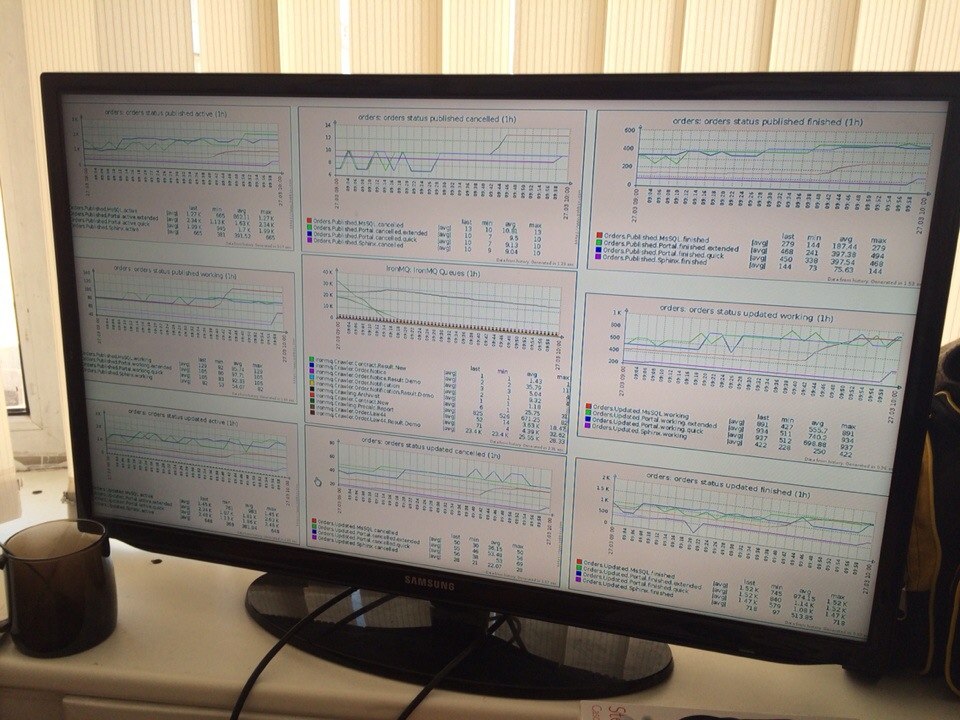

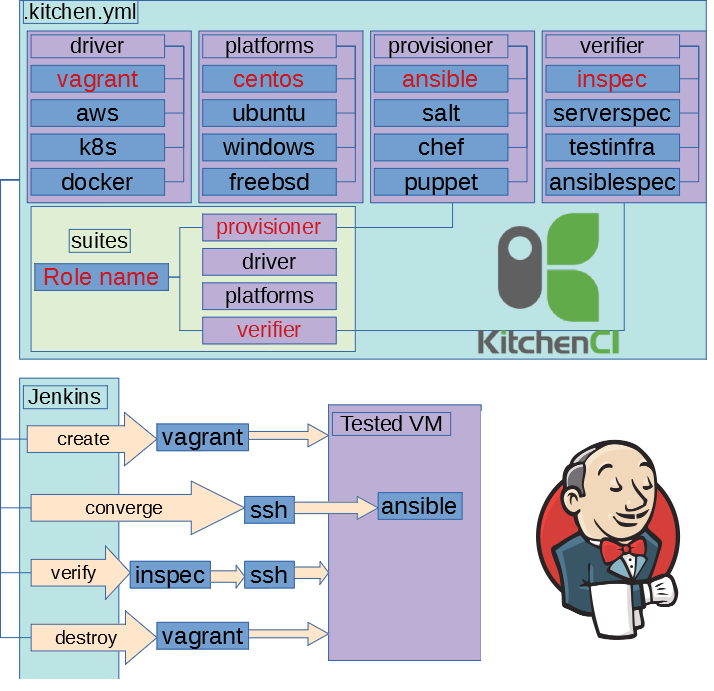
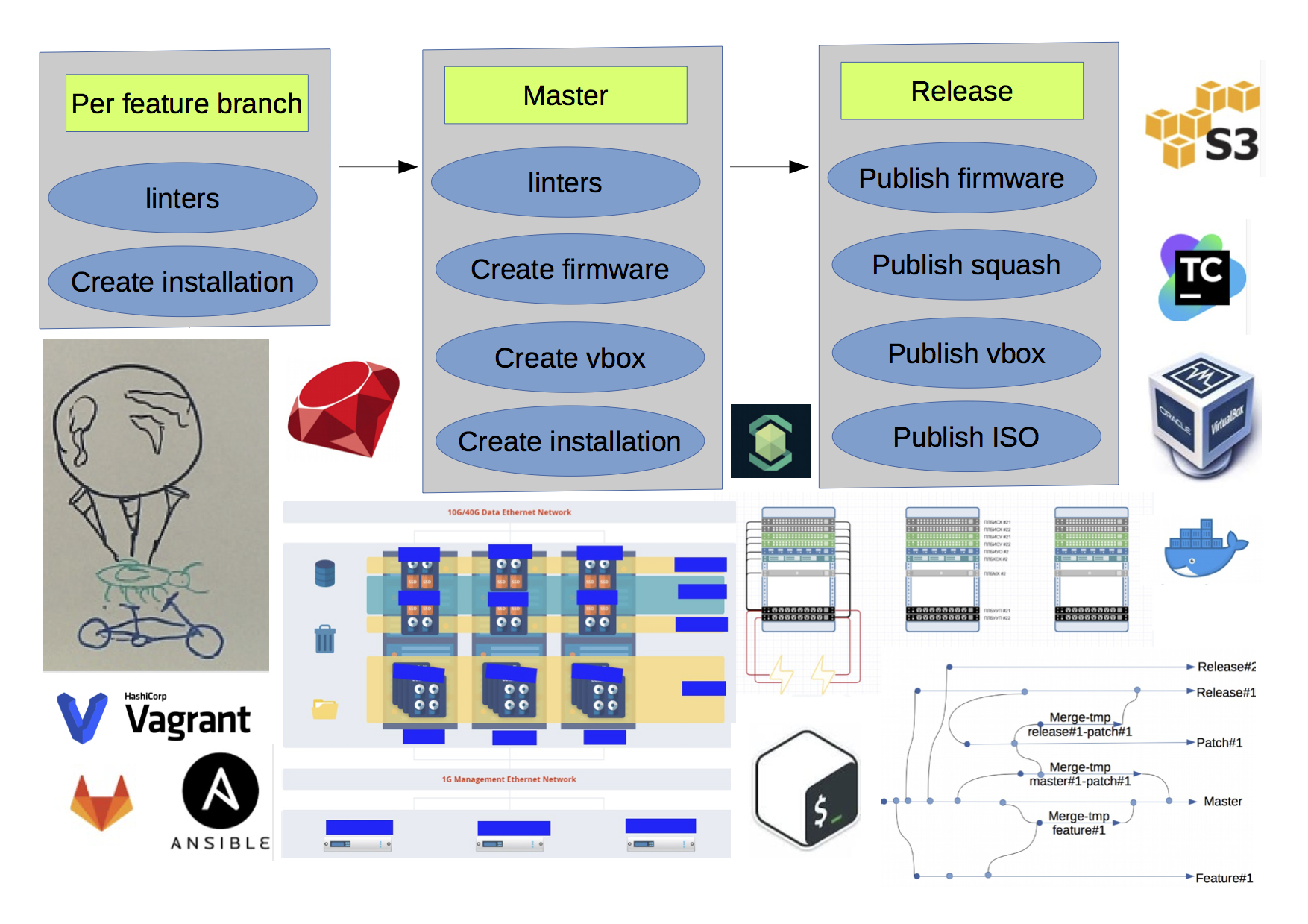

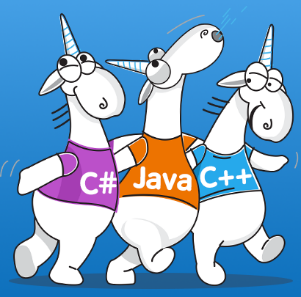 Today is an important day — after 28 releases of the sixth version we present our PVS-Studio 7.00, in which the key innovation is the support of the Java language. However, during 2018 we have acquired many other important changes related to C++, C#, infrastructure and support of coding standards. Therefore, we bring to your attention a note that sums up the major changes that have happened in PVS-Studio for the last time.
Today is an important day — after 28 releases of the sixth version we present our PVS-Studio 7.00, in which the key innovation is the support of the Java language. However, during 2018 we have acquired many other important changes related to C++, C#, infrastructure and support of coding standards. Therefore, we bring to your attention a note that sums up the major changes that have happened in PVS-Studio for the last time.